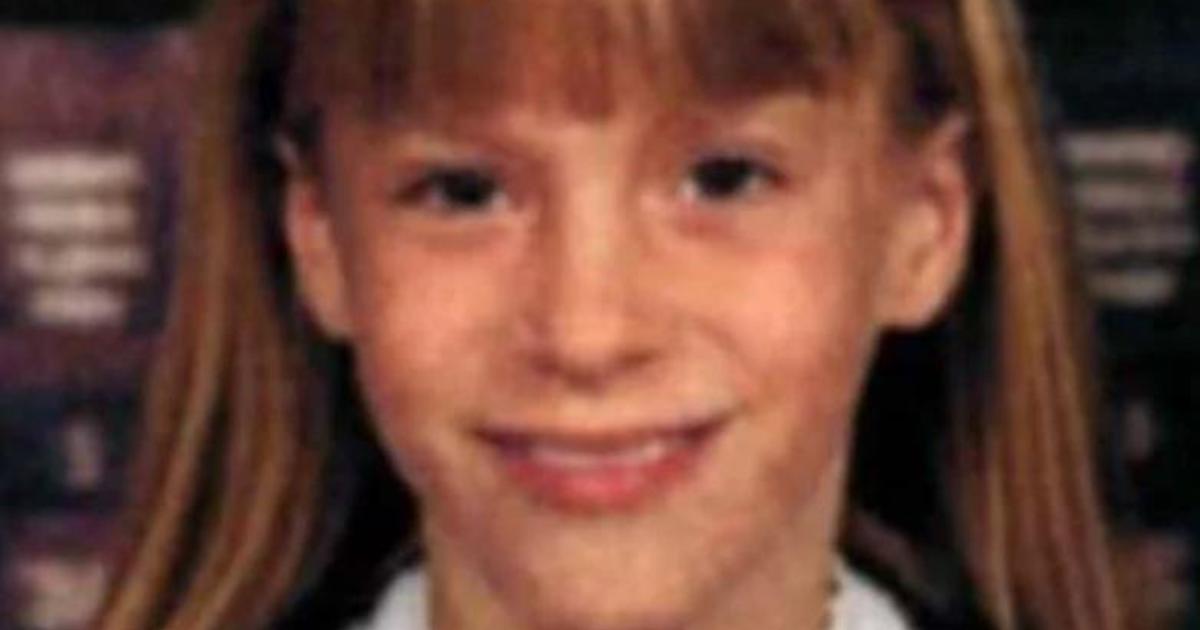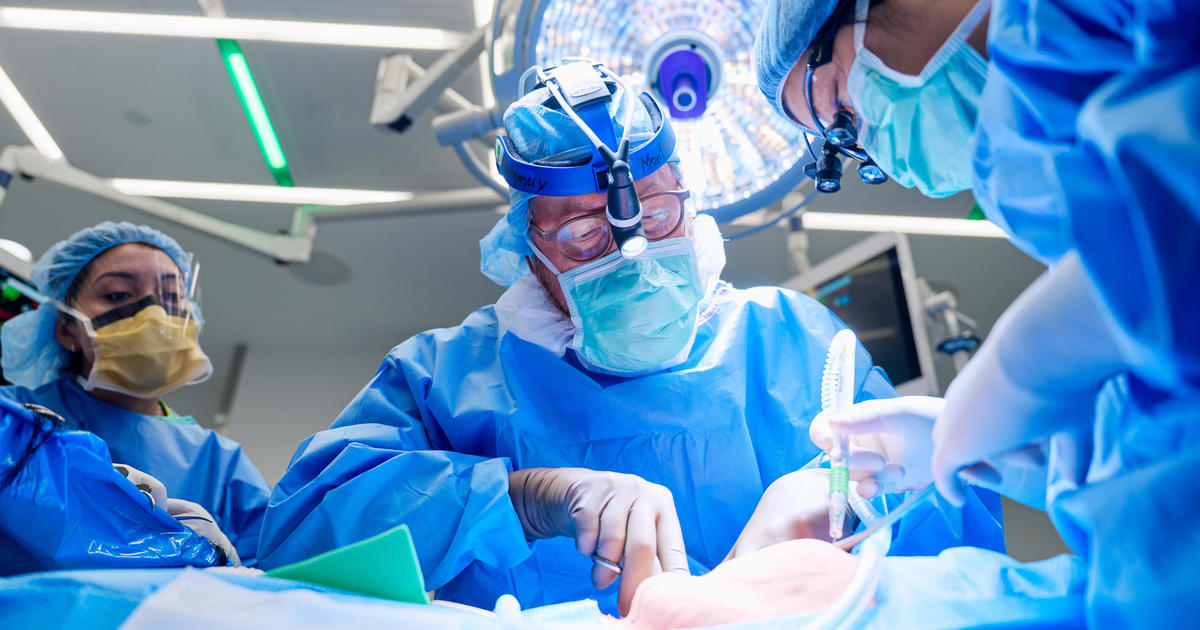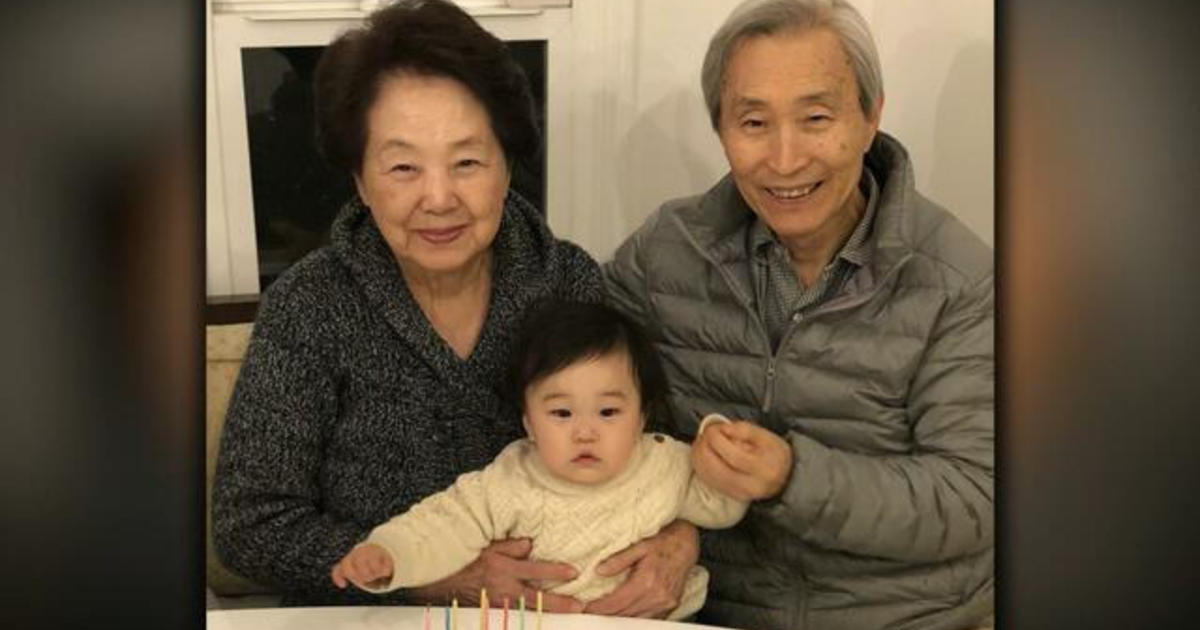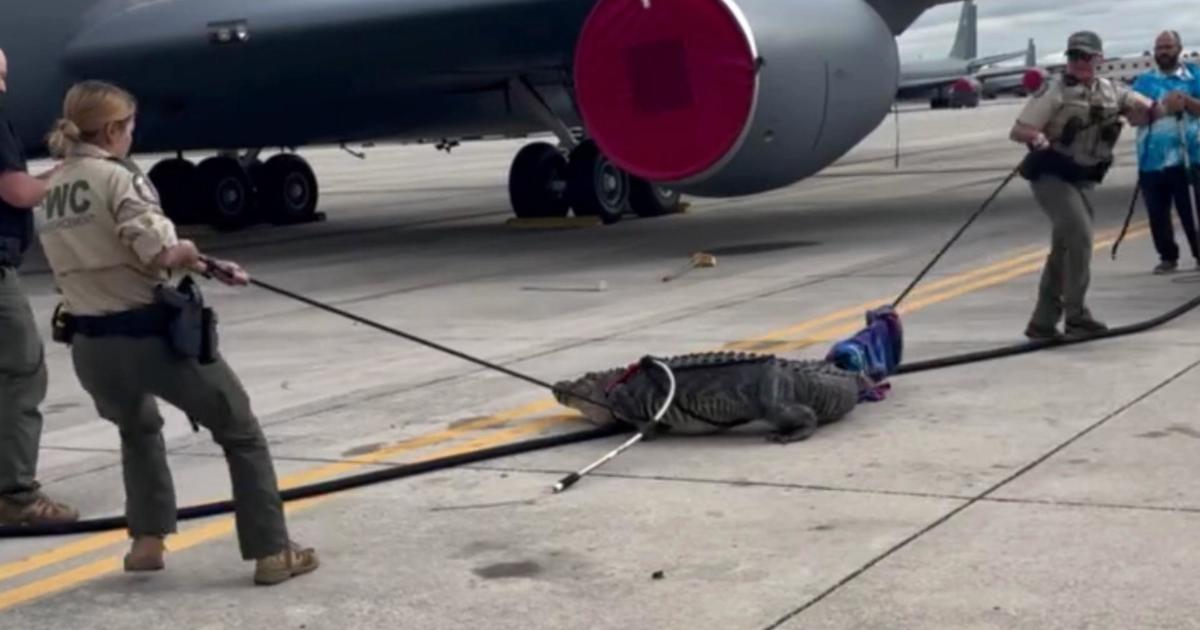Retired Virginia nurse couldn't save daughter from opioids
TULLAHOMA, Tenn. -- Her daughter had nine broken ribs and had a blood clot that required surgery to remove it.
So, when Judy Jenkins called about her upcoming visit, the two women made plans to take it easy, go out to eat and visit a spa to get their nails done. Fun, low-key mother-daughter activities.
Before they said goodbye, Jenkins also reminded her daughter to heed the instructions on the bottles of pain pills and take only the prescribed amounts.
The next day, Jenkins -- a single mom and nurse who retired to Tennessee -- drove 10 hours from Tullahoma and arrived at her daughter’s house in northern Virginia.
She tried the door, but no one answered. Maybe she had been called into work or was with her boyfriend and had lost track of time, Jenkins thought.
Then it dawned on her.
Her daughter hadn’t responded to anything. Not a knock on the door. Not a phone call. Not a text message.
Not all day.
That’s when Jenkins called the landlord.
“Please meet me at the front door of your townhouse,” she told the man. “Because if you do not unlock the door, I am going to break it down. ... I just need to get to my daughter.”
‘She could convince anyone to give her drugs’
Lydia Huebner was one of five children, right in the middle, and she had “all the middle-child syndromes she could have had,” her mother says.
Dark-haired and eccentric, she loved to collect ceramics and all things Queen Elizabeth I. She always wore a goofy hat, and she was able to relate to anyone, laughing easily. She had a ring of rainbow-colored daisies tattooed around her neck and a spider web inked on her left wrist. Twenty-two tattoos in all, bright and vibrant.
But she also had a poor self-image. She became obese at an early age, making her larger than most of the kids at school. Weight -- and being ostracized because of it -- is what Jenkins believes first led her daughter to drugs. She started as a young teen. Marijuana, given to her by a friend.
“It was probably popular at school, and she thought if she did it it would make her more popular,” Jenkins says.
But it did not.
Her personality did change. Subtly, to begin with. A loss of motivation, a complacency that Jenkins says wasn’t her daughter.
Jenkins watched over her, but as a night nurse at Inova Alexandria Hospital in Virginia, she had others who needed her care. She worked 12-hour shifts when most people were in bed.
“I couldn’t be awake 24 hours a day,” says Jenkins, now 70 years old with short gray hair, wrinkled hands and a nurse’s heart to help those where she lives in Tullahoma. “Which is what it takes sometimes to keep a child safe.”
For her daughter, marijuana became mushrooms became cocaine. Huebner never did heroin or meth, her mother says. She never injected anything. But, for a majority of her life, Huebner was intolerant of pain. Where an Advil would work for someone, Huebner would say she needed a narcotic.
That’s what got her. She would tell her mom she was in pain. While the nurse in Jenkins would say, “No, you’re not,” the mother in her didn’t want to see her child hurt, so Jenkins would send her to the doctor.
“She could convince anyone to give her drugs,” Jenkins says.
And because she was larger than most people -- at one point she was well over 300 pounds -- Huebner decided it was important for her to take more medication than the standard person.
If the prescription said to take two pills, she would take four. If it said to take it every four hours, she would take it every two.
A mother’s nightmare
Jenkins was suddenly sure that her daughter was inside her townhouse. She didn’t know in what condition.
The landlord opened the door, and Jenkins flew up the steps. She heard the TV blaring. Then she saw her daughter.
There was a beer bottle by her foot. Empty pill bottles scattered around her. And she was the deepest color blue.
She was leaning over, as if she had fallen forward, but she wasn’t moving. She was stiff.
Jenkins screamed at the landlord to call 911 as she dragged her daughter from the bed and started CPR.
For the next several minutes, Jenkins acted as the nurse as she tried to get her daughter’s heart to start beating again, to see those broken ribs rise in her chest as it filled with air.
The battle over pills
Jenkins can’t put an exact year on her daughter’s crossover from marijuana to pain pills. Dilaudid and Percocet and Vicodin.
It was probably in her early 20s. She was having trouble keeping a job and still living at home with her mom, in the four-story, five-bedroom house in northern Virginia where she and her siblings grew up.
By then Huebner had been to rehab several times, first at age 14 for three months. Again at 16 in a yearlong residential program. She went to Narcotics Anonymous meetings off and on, but she always slipped.
Jenkins didn’t see the drugs, but she saw the effects when her daughter would oversleep and not get to work on time or call in sick when she didn’t seem ill.
“I frequently said to her, ‘Lydia, I love you very much, but I sure don’t like what you’re doing,’ “ Jenkins says.
But as a parent of adult children, she lost a lot of the control and power she once had to guide her daughter.
They had explosive arguments about small things. There were times Jenkins was actually afraid of her daughter -- and for others around her.
Huebner had two car crashes. One in Jenkins’ silver Saturn VUE and the other in a burgundy Chevy. She totaled both. No one else was injured.
In her 30s, it got worse. She was arrested multiple times for possession of marijuana, public intoxication and drinking while operating a vehicle. She stole drugs from everyone she knew and from people she didn’t. From her sisters and her friends. From acquaintances and people on the street. Even from her mom.
Over the years, Jenkins had several surgeries requiring pain medication during recovery -- she had both knees replaced in 2001, gastric bypass in 2007 and follow-up plastic surgery in 2009, and back surgery in 2013.
Jenkins never used her medicine cabinet as a pill container holder. Not when her daughter could take them so easily. Instead, Jenkins stashed the pills in pillows, in baggies, in her car, on her body.
She had a lock box and frequently went to sleep clutching her key ring so her daughter wouldn’t unlock it while she slept.
“It was a struggle to keep coming up with a new place to hide them because she found every one of them. She was very clever -- and she was relentless.”
A lonely death
Detectives declared the townhouse a crime scene.
Despite her mother’s efforts, 41-year-old Lydia Dale Huebner was dead. And she had been for hours.
“I realized I just lost my daughter,” Jenkins said. “Absolutely unnecessarily.”
One tenet of Jenkins’ nursing career had always been that no one should die alone. It didn’t matter if it was the janitor, a loved one or an unfamiliar nurse holding that person’s hand. She never wanted any patient to feel isolation in their final moments. Which made what happened to her daughter so much more difficult.
Tennessee’s epidemic
Rock bottom came with a series of “accidents.”
By this time, Jenkins had moved away from her daughter, relocating to Tennessee.
She notes the irony of leaving an addict and relocating to a state where opioid addiction is an epidemic.
Opioid overdoses claimed the lives of 1,451 Tennesseans last year. The state has the second-highest rate of opioid prescriptions in the nation behind only Alabama.
Coffee County, which includes Tullahoma, where Jenkins lives in her small house with two dogs, is best known for hosting the four-day Bonnaroo music festival and housing the Arnold Engineering Development Center, where the U.S. Air Force tests turbojets, missiles and rockets. A 52,000-resident rural community, it is a relatively quiet place in Middle Tennessee with a significant problem.
Residents there have more access to pain clinics than they do McDonald’s. There are six health care facilities focused on the diagnosis and management of chronic pain. There are only two restaurants with golden arches.
And here Jenkins volunteers at the hospital, the free clinic and the elementary school as a health advocate.
“My heart grieves for all of Tennessee and what I have seen,” Jenkins says.
The autopsy on Jenkins’ daughter showed she had drugs in her not prescribed to her, so the medical examiner deduced that she had mixed street drugs with the ones she was supposed to be taking.
“As a nurse, you don’t want anyone to die,” Jenkins says. “As a mother, you don’t want to watch any of your children die because it’s the wrong order of things.”
A sign from her daughter
When the crematorium delivered her daughter’s ashes, they brought something else -- a silver ring in the shape of a butterfly.
It had been Jenkins’ ring. Her daughter had borrowed it. She had it on when she died.
“To receive it back was a sign to me that I was going to be OK,” Jenkins says. “Because Lydia was back with me.”
Jenkins put her daughter’s urn in a bright red Kate Spade bag and brought her to the beaches of the Outer Banks near North Carolina, where they were supposed to vacation together. She scattered her ashes at Dewey Beach in Delaware, where she visits every year. And, with her other children, she formed a ring around the maple tree in their old front yard in Virginia and left part of her there.
Then she drove her daughter’s ashes back to Tennessee and sprinkled some in the vegetable garden outside her Tullahoma home with the zinnias and sunflowers she planted in her backyard.
It’s a funny thing about those flowers. They are frequented by a bright orange butterfly. One Jenkins has come to connect with her daughter.
On some mornings, Jenkins will sit in the brown recliner near the screen door and listen to the wind chimes. She will see the hummingbirds flutter about, sticking their long noses in the flowers.
And when the orange butterfly floats by she simply says, “Good morning, Lyd.”



